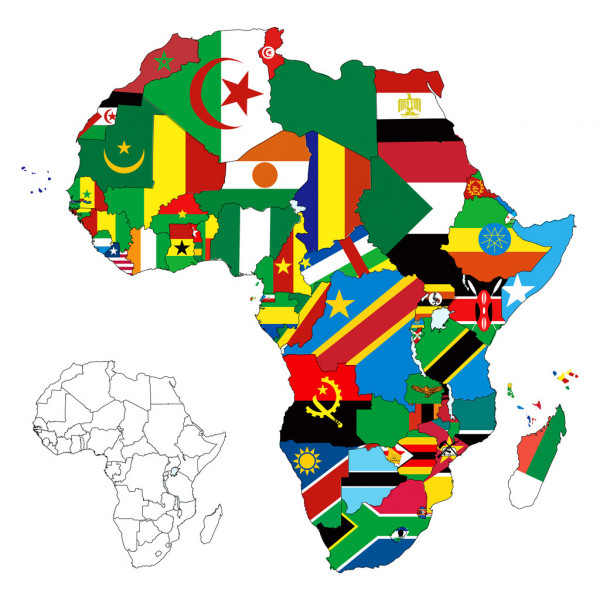

The recent military interventions in some African countries have brought into the spotlight illegal and overt attempts by armed forces to remove sitting leaders.
There have been 19 coups in 13 African countries between 2002 and 2021, which translate to an average of one coup per year.
The recent one was the removal of democratically elected president of guinea, Military Coups, from office by the head of country’s elite army unit, Mamady Doumbouya, who tried to justify the military action.
In august last year, soldiers overthrew President Ibrahim Boubacar Keita in Mali and suspended the country’s constitution.
Apart from Mali and Guinea, there was a coup attempt in Niger.
In chad, President Idriss Deby, who took over the mantle of leadership in 1990 after a coup, died in April this year while fighting with rebels on the battlefield.
It is estimated that there have been at least 100 successful coups in Africa in the past four decades, with more than twice the number of coup attempts. The prevalent of coups in Africa are due to incompetent leadership and corruption.
The military is not by inclination trained to rule, but to defend. However, when the situation arises which brings them into the corridors of power, it is an aberration.
However, taking into consideration the nature of their calling, a dedicated and disciplined military could bring sanity into the body politics of a nation.
Indeed, the various controversial military coups d’etat might be undesirable, but it was not unexpected.
It is very sad that the kind of democratic rule in Africa is prone to breeding coups, which firstly staged in West Africa in 1963 by Gnassingbe Eyadema of Togo.
Sudan has had 15 coups, the highest in Africa.
Nigeria recorded its first coup in 1966 and since 1999; the country has been transiting from one civilian government to another through democratic elections.
Recently, former president Olusegun Obasanjo at a book launch titled “making Africa work”, explained that no matter the excuse, military interventions had major negative impact on democracy, governance and unity of Nigeria.
He, however, argued that the often prescribed solution of specifically putting a ban on coups in the constitution was not the answer.
Military involvement in politics has been attributed to dissatisfaction with civilian governments, specific grievances and ambitions of officers.
It is for this reason that the African union and its regional institutions placed emphasis on the normative framework for enhancing and protecting democracy.
Some other African leaders who manipulated the constitution to elongate their stay in office include Ismail Omar Guelleh of Djibouti, the late Lansana Conte of Guinea, the late Gnassingbe Eyadema of Togo and Paul Kagame of Rwanda.
The implication of manipulating the constitution for tenure elongation is that what happened in post-independence Africa, when coups were fashionable, may resurface and cause more political instability in the West African region.
African leaders must find a way to ensure that this disturbing trend does not continue.
Meanwhile, the quality of electoral processes is a recurrent trigger point, as was the case with Mali’s delayed and allegedly rigged March 2020 parliamentary elections.
On elections, the au and regional organisations routinely resort to observer missions.
Their conclusions rarely challenge official results, even though emboldened civil society and judiciary identify rigging.
Politicized militaries often get involved when countries face political and socio-economic problems.
The most promising way to reduce politicization is through professional security forces which facilitate an improved ability to tackle security risks such as terrorism and insurgencies without resorting to excessive force.
The AU should activate the African charter on democracy, elections and governance which it ratified in 2012.
The charter calls on member states to identify illegal means of taking over power or staying in office and sanction the culprits.
Like it did to Mali in the wake of two recent coups, the au should suspend any country that engages in violent overthrow of the government to serve as a deterrent to other countries that may be contemplating a similar thing.
Nafiu Busari